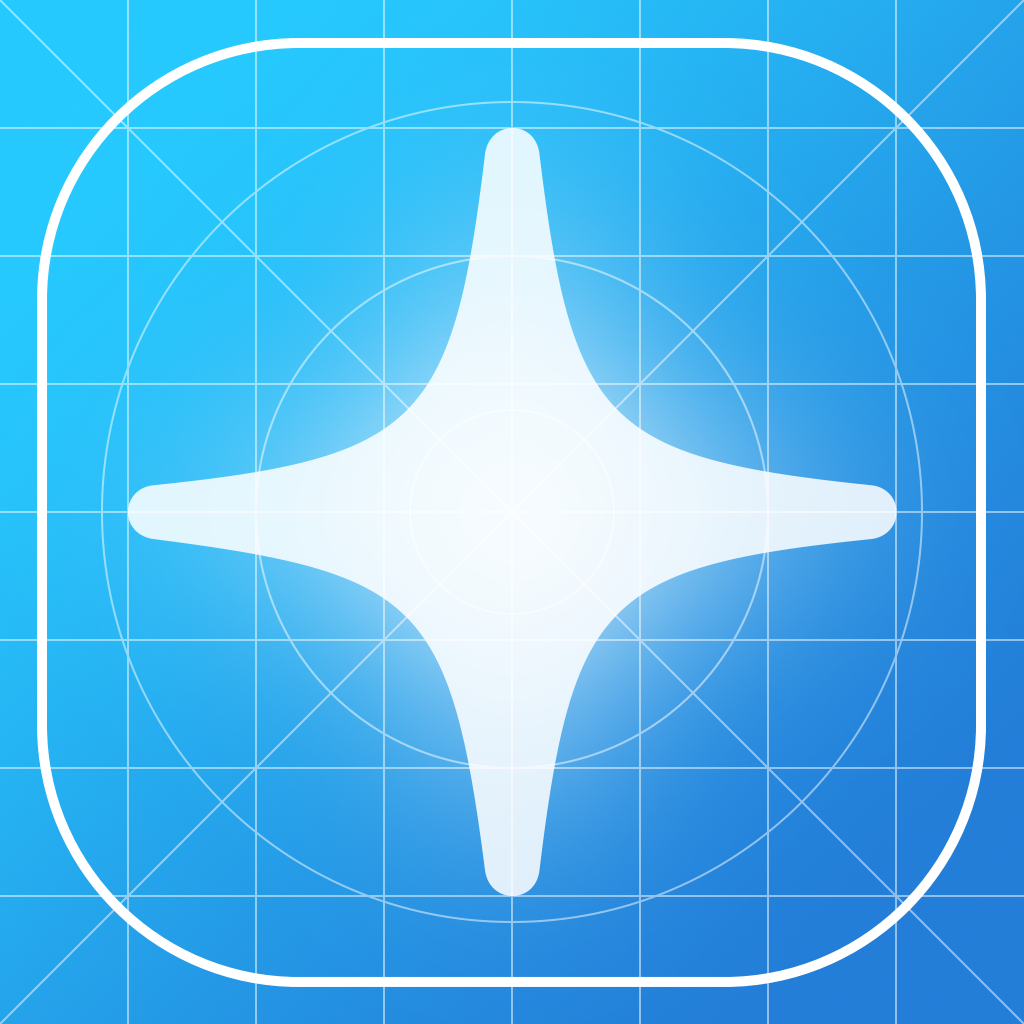Product Introduction
- Radar is an all-in-one App Store Optimization (ASO) tool designed to help developers and marketers improve app visibility on the App Store. It provides keyword tracking, AI-driven keyword generation, and real-time ranking monitoring for apps across multiple regions. The tool integrates competitive analysis, trend tracking, and multi-app management into a single platform.
- The core value of Radar lies in its ability to streamline ASO workflows by combining advanced keyword research tools with actionable insights. It empowers users to optimize metadata, track competitor strategies, and adapt to ranking fluctuations efficiently. By leveraging AI and real-time data, Radar reduces manual effort while maximizing app discovery potential.
Main Features
- Radar enables users to track any app’s keyword strategy by analyzing competitors’ metadata, ranking history, and keyword difficulty scores. The system automatically categorizes keywords by traffic potential and competition level using color-coded metrics. Users can export data for cross-platform analysis or integrate it with internal dashboards.
- The AI Keyword Generator utilizes Claude Sonnet AI to analyze app screenshots, descriptions, and existing metadata to propose high-impact keywords. This feature identifies semantic variations, long-tail phrases, and trending terms while filtering out low-value keywords. Users can refine outputs using filters for region, app category, or historical performance data.
- Real-time ranking monitoring tracks app positions for specific keywords across 175+ App Store regions with hourly updates. The system alerts users to ranking drops, competitor overtakes, or sudden traffic surges via customizable notifications. Historical trend graphs display performance changes over customizable timeframes (7/30/90 days).
Problems Solved
- Radar addresses the challenge of manual ASO processes that require cross-referencing multiple tools for keyword research and competitor tracking. Traditional methods often fail to detect real-time ranking changes or provide actionable AI-generated keyword suggestions. The tool eliminates data fragmentation by centralizing ASO metrics.
- The primary target users are mobile app developers, ASO specialists, and app marketing agencies managing 5+ apps simultaneously. It serves both indie developers needing cost-effective optimization and enterprise teams requiring bulk keyword tracking across app portfolios.
- A typical use case involves an agency tracking 20+ client apps while generating region-specific keywords for a productivity app launch. Developers might use Radar to monitor daily ranking shifts for "fitness tracker" keywords and receive AI recommendations to replace underperforming terms in their metadata.
Unique Advantages
- Unlike competitors relying on static keyword databases, Radar combines live App Store ranking data with generative AI for dynamic keyword suggestions. Competitor tools lack integrated screenshot-to-keyword analysis or real-time alert systems for ranking changes.
- The AI engine uniquely processes visual elements (screenshots/icons) alongside text metadata to suggest contextually relevant keywords. No other ASO tool offers hourly ranking updates or color-coded keyword difficulty scores based on current competition metrics.
- Radar’s competitive edge stems from its multi-app dashboard, which allows simultaneous tracking of unlimited apps with role-based access controls. The tool’s architecture uses proprietary algorithms to calculate keyword "velocity" scores predicting future ranking trends.
Frequently Asked Questions (FAQ)
- What data sources does Radar use for keyword tracking? Radar pulls live ranking data directly from Apple’s App Store API across all supported regions. Historical data is stored in encrypted databases updated every 60 minutes. The system cross-validates metrics with actual search traffic patterns.
- Which AI model powers the keyword generator? The feature uses Anthropic’s Claude Sonnet AI fine-tuned on 12 million App Store keyword sets. The model is retrained biweekly with fresh ASO data to maintain accuracy. Users can toggle between "broad match" and "exact match" generation modes.
- How does multi-app management work? Users create separate project spaces for each app with custom tracking parameters. The dashboard displays aggregated performance metrics across all tracked apps. Role-based permissions allow team members to access specific apps without viewing entire portfolios.
- What subscription tiers are available? Radar offers monthly ($2.99), quarterly ($24.99), and annual ($34.99) subscriptions. All tiers include unlimited keyword tracking and AI generations. Enterprise plans add team collaboration features and API access.
- Is user data shared with third parties? Radar adheres to Apple’s privacy guidelines, storing all user data in encrypted AWS servers. The privacy policy details data anonymization practices for keyword research. Users can request data deletion via the app’s settings menu.
